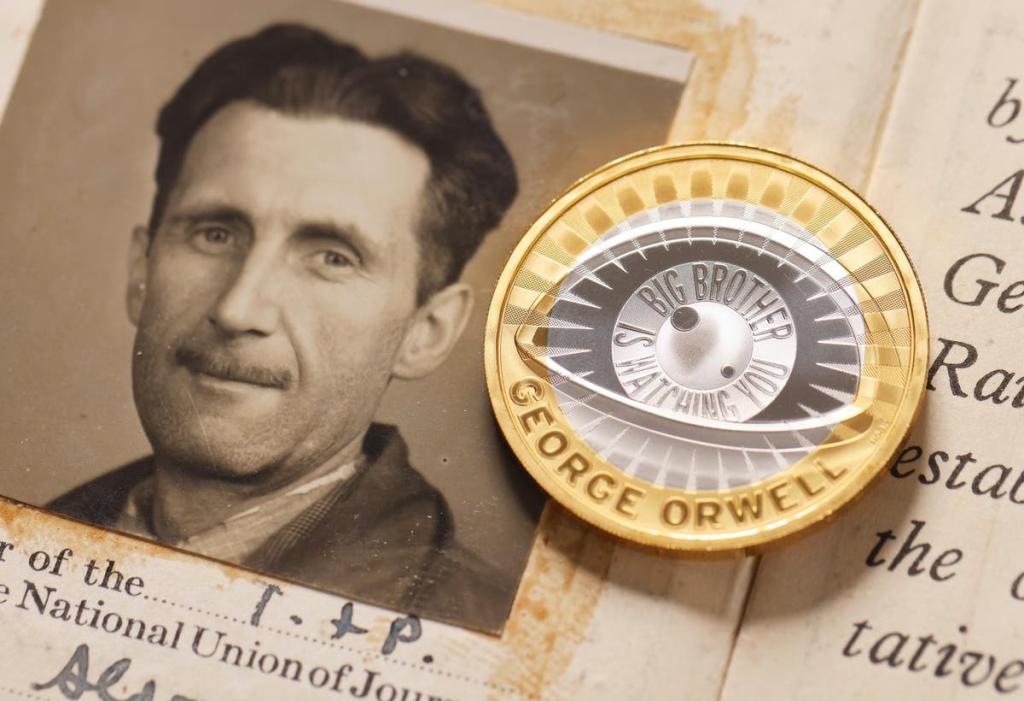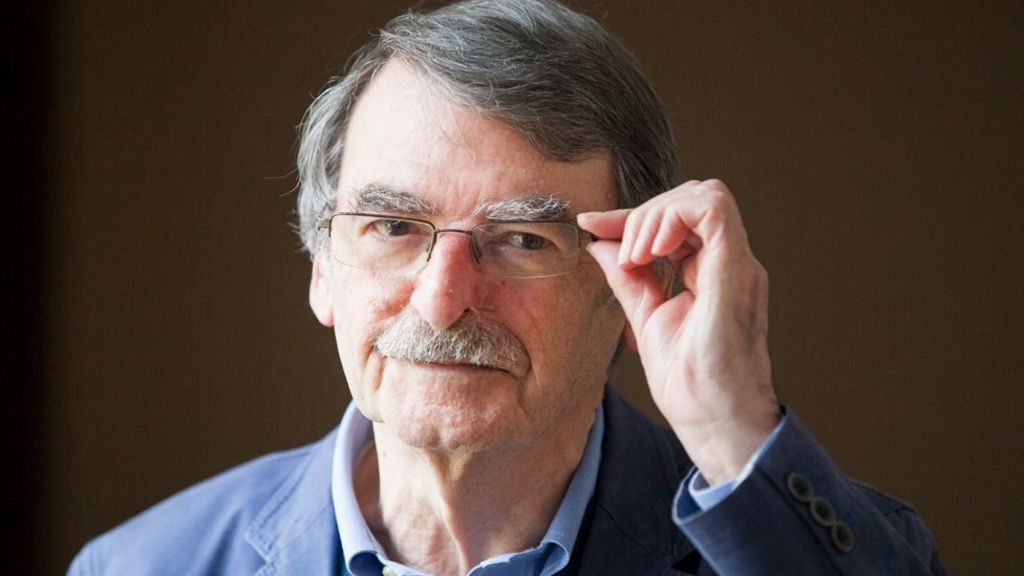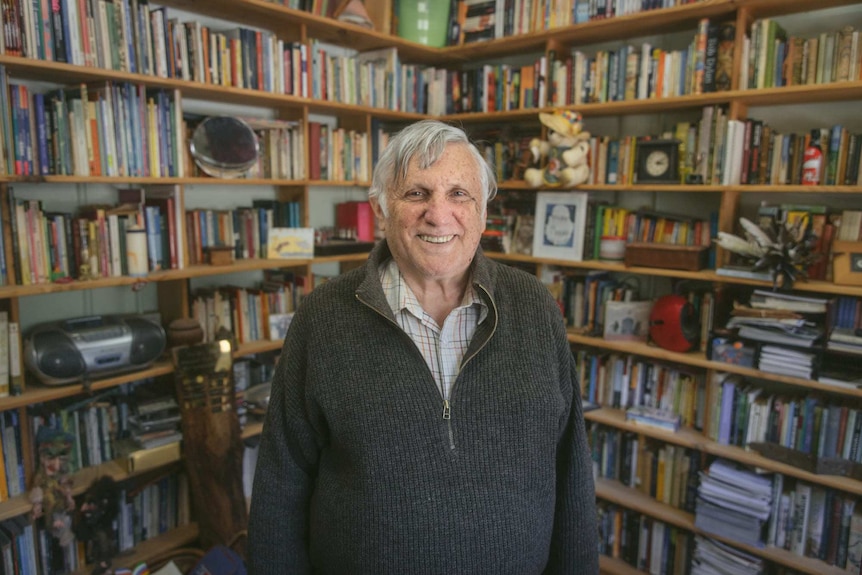Pope Francis Shares His Journey in New Autobiography Hope
Discover Pope Francis' personal reflections in his autobiography Hope, revealing his journey, challenges, and vision for a compassionate Church.
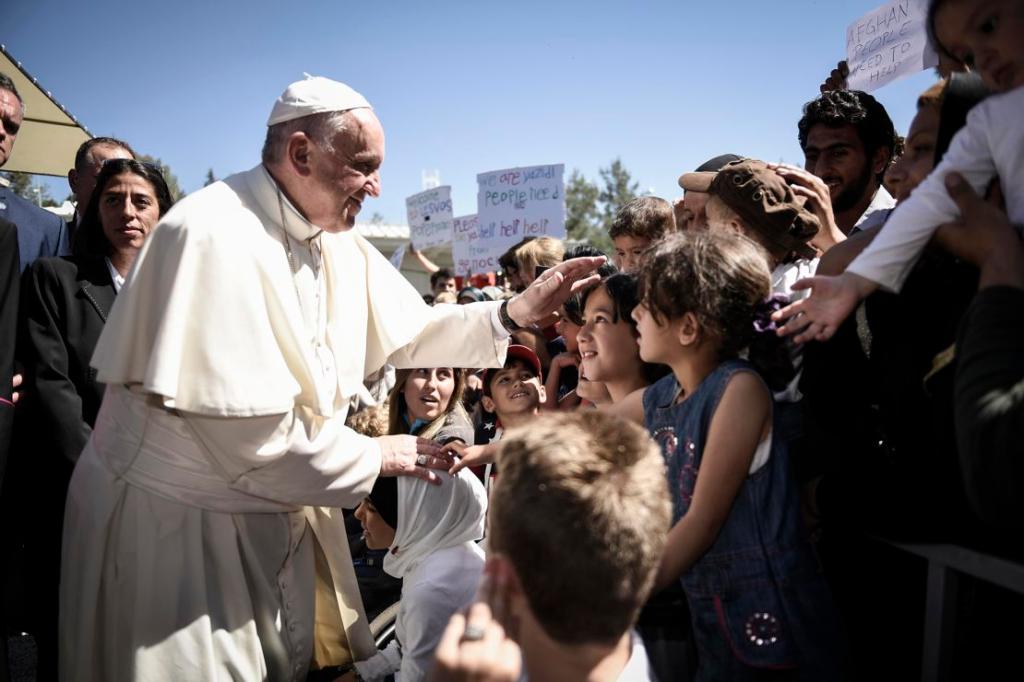
Key Points
- Pope Francis
reflects on his life and challenges in his autobiography Hope, emphasizing humility and personal growth.
- He addresses controversial issues, including the Church's response to sexual abuse scandals and advocates for marginalized communities.
- The book serves as a call for compassion and inclusivity within the Church, inviting readers to embrace their shared humanity.
Pope Francis, the first Latin American pontiff, has unveiled an introspective and heartfelt look into his life and papacy in his newly released autobiography, Hope. This book, published just in time for the
's Holy Year, is the first memoir ever authored by a sitting pope. Through its pages, Francis shares not only his journey from humble beginnings in
but also reveals his perspectives on various challenges faced by the Church and the world today.
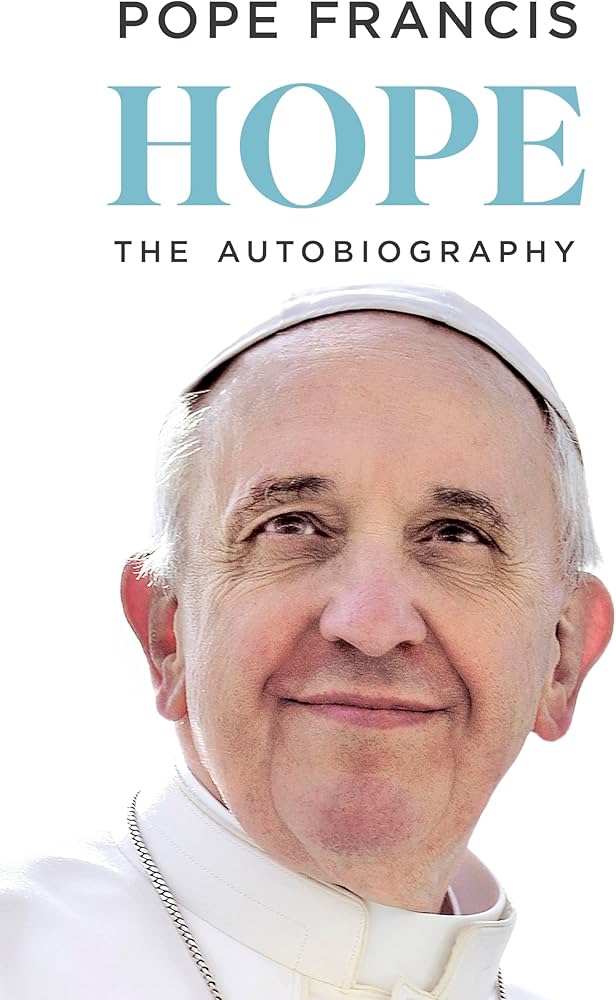
Childhood and Personal Growth
Born in 1936 to an Italian immigrant family in Buenos Aires, Francis reflects on how his upbringing has profoundly influenced his pastoral priorities. He emphasizes the gift of shame, stating that it has shaped his understanding and compassion towards humanity. "If I consider what is the greatest gift that I desire from the Lord, it is the gift of shame", he writes, showing a level of vulnerability rarely seen in leadership.
The memoir delves into his youth, recounting incidents where he exhibited less-than-perfect judgment—like getting into a fight at school. These admissions highlight his authentic nature and serve as a reminder that leaders, regardless of their stature, are human and capable of growth. This perspective is what continues to resonate with many of his followers around the globe.
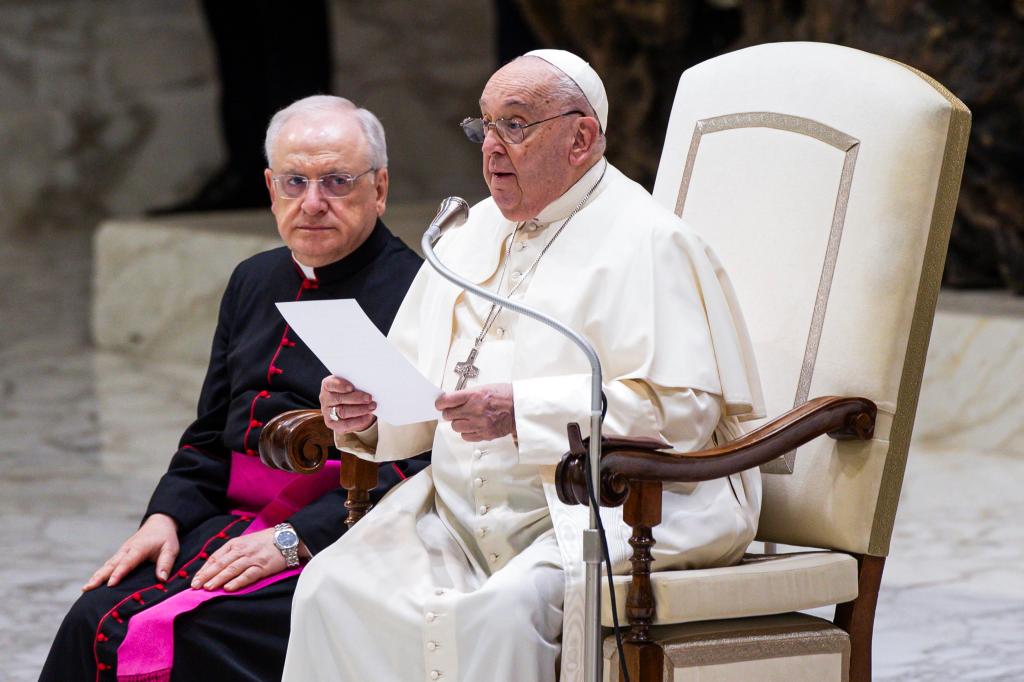
The Transition to Papacy
One of the book's pivotal moments is when Francis recounts his election as pope in 2013. He describes the conclave process in detail, emphasizing his surprise at receiving the papal mantle. "I was among those cardinals receiving 'stopgap votes,'" he explains, shedding light on the significance of this historical moment.
A unique aspect of his papacy has been his commitment to humility and simplicity. He famously rejected the traditional papal trappings, opting for a more grounded lifestyle by residing in a guesthouse rather than the
apartments. This choice is symbolic of his desire to stay connected to the people he serves, demonstrating that leadership can be exercised with compassion and accessibility.
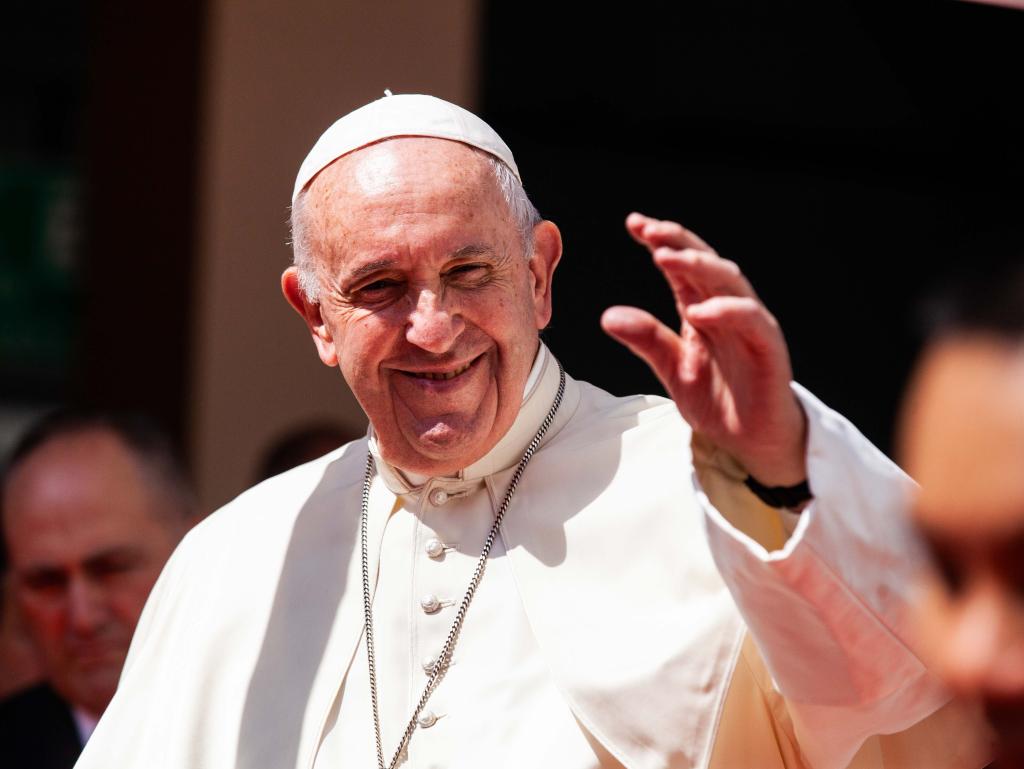
Tackling Controversial Issues
Throughout the book, Pope Francis does not shy away from addressing the controversies that have marked his tenure, particularly concerning the Church's handling of sexual abuse scandals. He admits to inheriting a "large white box" from his predecessor, containing documents related to these unresolved issues. "Everything is in here", he quotes
, indicating the weight of responsibility he bears. This narrative serves to highlight Francis' awareness of the painful realities facing the Church and the need for accountability.
Furthermore, his advocacy for marginalized communities is a recurring theme. He emphasizes the struggles of migrants and the LGBTQ+ community, asserting that "homosexuality is not a crime", a significant acknowledgment in the realm of modern activism. This reflects his effort to foster a more inclusive Church, while navigating the complexities of differing opinions within the Catholic community.
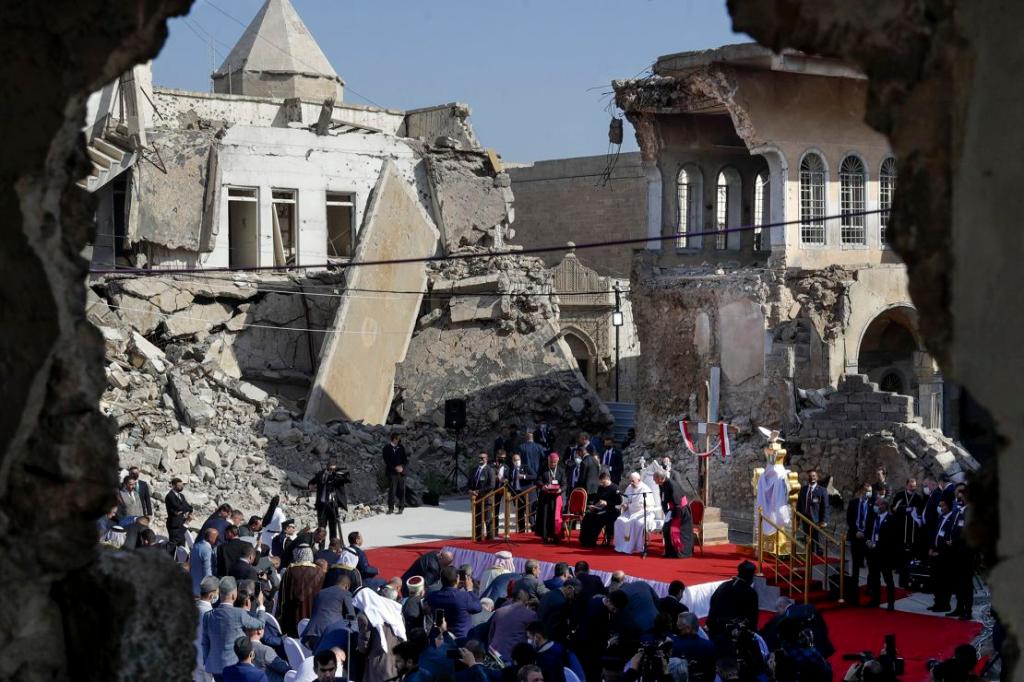
A Call for Hope and Change
Ultimately, Hope stands not just as a memoir but as a clarion call for change within the Church and broader society. The Pope urges a reflective and compassionate approach to leadership, underscoring that true guidance stems from understanding and empathy, rather than rigid adherence to outdated norms. His narrative is not merely about his achievements but also a testament to the human journey of growth, regret, and the pursuit of a higher calling.
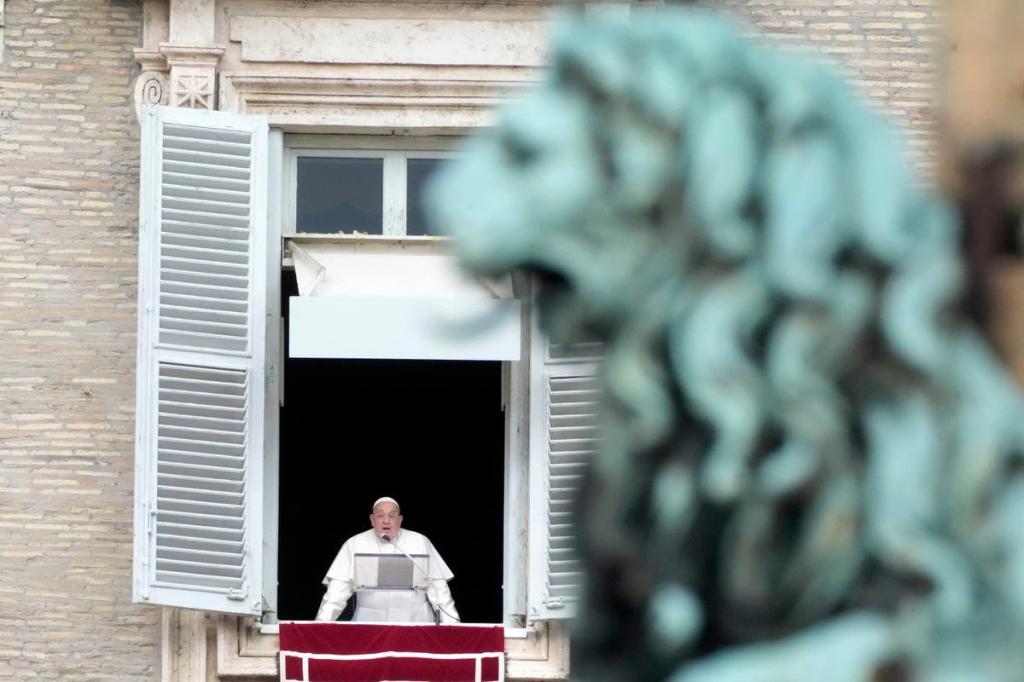
In a world grappling with division and strife, Pope Francis' reflections and insights inspire hope and resilience. His autobiography encourages readers to embrace a life guided by love, compassion, and the recognition of our shared humanity. By sharing his journey, he invites us all to reflect on our roles within the larger narrative of faith and social responsibility.
